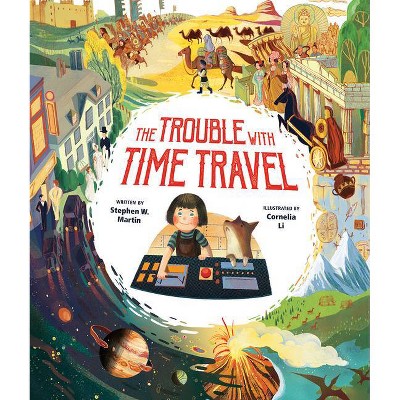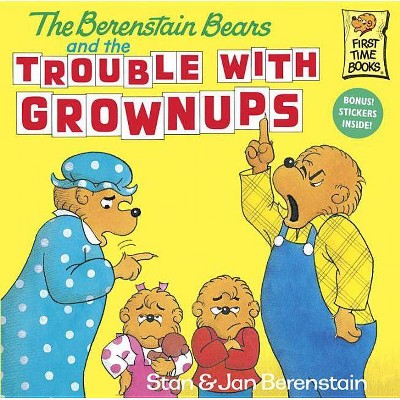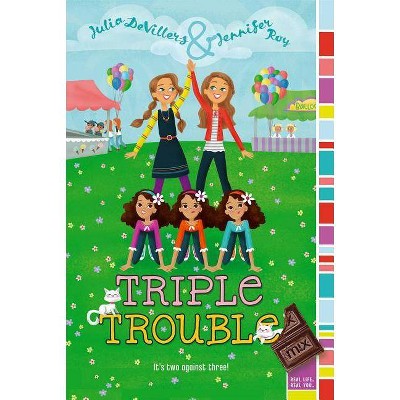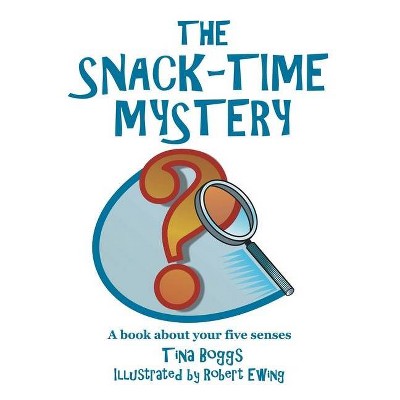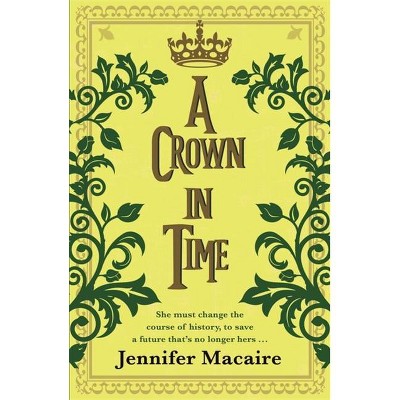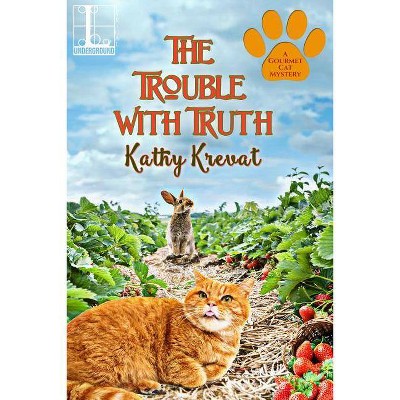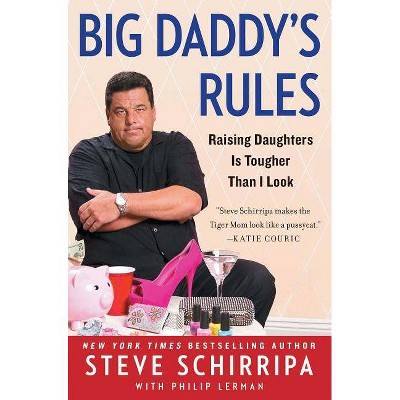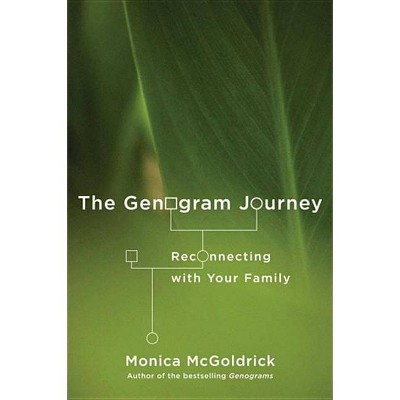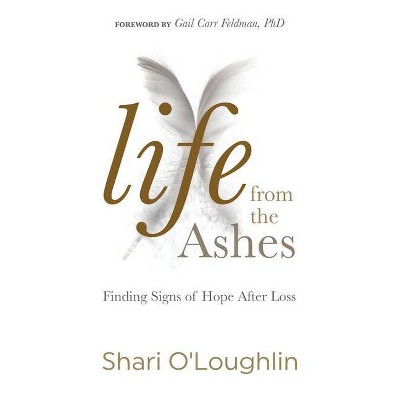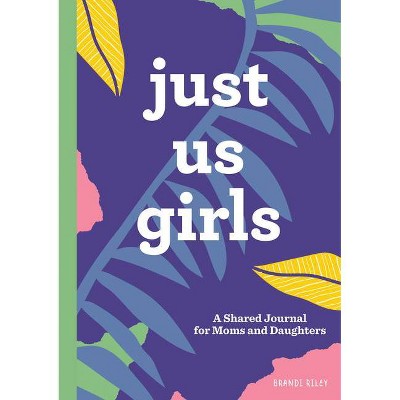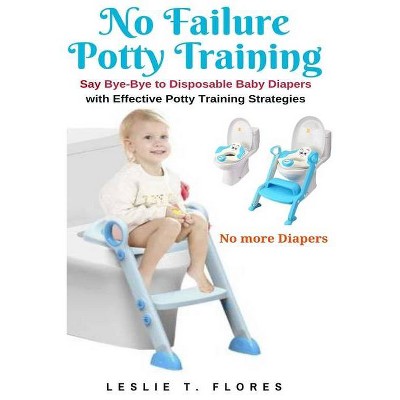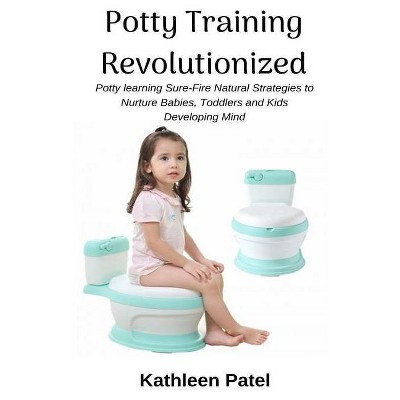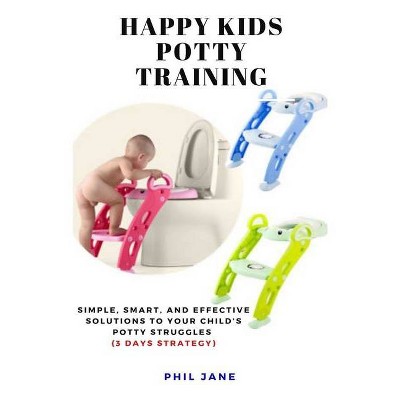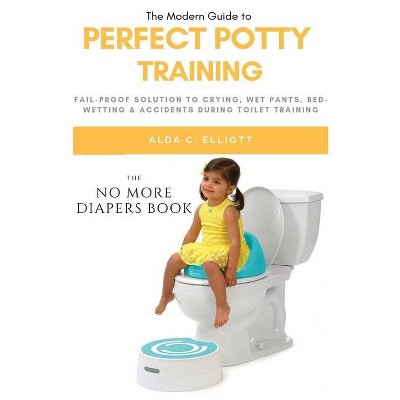The Trouble with Snack Time - by Jennifer Patico (Paperback)
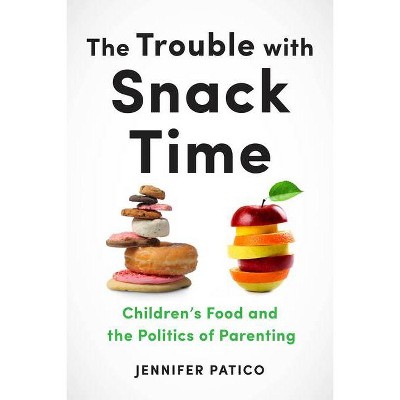
Similar Products
Products of same category from the store
AllProduct info
<p/><br></br><p><b> Book Synopsis </b></p></br></br><p><b>Uncovers the class and race dimensions of the cupcake wars</b> <p/>In the wake of school-lunch reform debates, heated classroom cupcake wars, and concerns over childhood obesity, the diet of American children has become a "crisis" and the cause of much anxiety among parents. <p/>Many food-conscious parents are well educated, progressive and white, and while they may explicitly value race and class diversity, they also worry about less educated or less well-off parents offering their children food that is unhealthy. Jennifer Patico embedded herself in an urban Atlanta charter school community, spending time at school events, after-school meetings, school lunchrooms, and private homes. Drawing on interviews and ethnographic observation, she details the dilemma for parents stuck between a commitment to social inclusion and a desire for control of their children's eating. Ultimately, Patico argues that the attitudes of middle-class parents toward food reflect an underlying neoliberal capitalist ethic, in which their need to cultivate proper food consumption for their children can actually work to reinforce class privilege and exclusion. <p/>Listening closely to adults' and children's food concerns, <i>The Trouble with Snack Time</i> explores those unintended effects and suggests how the crisis of children's food might be reimagined toward different ends.</p><p/><br></br><p><b> Review Quotes </b></p></br></br><br>A beautifully written account of the double bind faced by many contemporary parents: how to be 'engaged' and 'concerned' about their children's eating, without being overly 'neurotic' or 'anxious.' Thick with detailed ethnographic observation, the book illuminates the politics of parenting from the ground up, forcing the reader to reflect on why children's eating has become both individualized and moralized in recent years, as well as pushing us to consider other, more collaborative possibilities. In addition to parents themselves, this highly readable book will be of interest to those across the social sciences, particularly scholars of parenting, gender, food, and health.--Charlotte Faircloth, University College London<br><br>An important study of the ways in which feeding children reflects larger social anxieties, from issues of class and racial identities to morally loaded ideas about nutrition and childrearing. While recognizing the centrality of parental engagement to children's lives, Patico compellingly asserts the need for governmental interventions to bring about structural changes that don't rely on moralized notions of individual parental care. Everyone interested in how America feeds its children--or fails to--should read this book.--Darra Goldstein, Founding Editor of Gastronomica: The Journal of Food and Culture<br><br>This book is rife with interesting details, describing a life that will be familiar to many academics.-- "CHOICE"<br>
Price History
Price Archive shows prices from various stores, lets you see history and find the cheapest. There is no actual sale on the website. For all support, inquiry and suggestion messages communication@pricearchive.us
